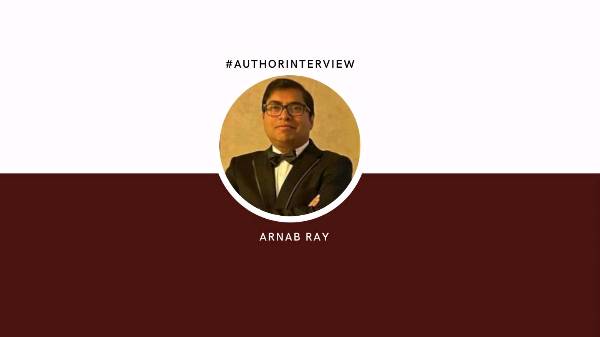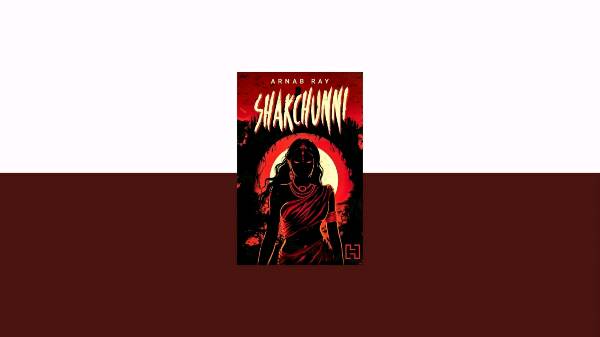In Conversation with Arnab Ray, Author of 'Shakchunni'
Hello and welcome to the Ask an author series of interviews on my swell cast. I'm Ramya, and joining me today is Arnab Re, better known as Great Bong, one of India's most widely read bloggers and author of several best selling books. His latest novel, Shakchuni, published by Hatchet, is a bone chilling story that delves into the realm of supernatural horror. And Arnab is also the author of six other books, including the horror classic the Mine
So, Arnab, let me start off by telling you how much I enjoyed reading your book. It was an absolute page turner. I simply couldn't set it down once I got started on it. And one thing that really stood out was that you had managed to capture the essence of horror without relying on traditional jump scares. So, can you tell me more about this approach of yours in building an atmosphere of dread throughout the narrative?

Arnab Ray
@thehorrorauthor · 3:00
Hello, Ramya. First of all, thank you for having me on this question answer session. With respect to your question, it's quite difficult to even do jump scares when you're writing a book because the very notion of a jump scare is very cinematic. It works with silence, darkness, and with a visual at a time in which you're not expecting it
One other really interesting aspect of your book is its setting. It's set in 1940s Zamindari, Bengal, in the backdrop of the great Bengal famine and the british rule. And I think this really adds a rich historical backdrop to the story. How did you research and recreate this turbulent period? And if I may ask, why did you choose to set the novel in this particular time and place?

Arnab Ray
@thehorrorauthor · 3:17
Because sometimes there is a sentiment held by many people, even today, that the british empire was kind of a force of good. No, it wasn't. No, it wasn't. You need to know the facts. Now, the research that I did for this book, of course, I had to do a lot of research for this book. And there is, of course, a rich body of bengali literature that has been written around this time

Arnab Ray
@thehorrorauthor · 3:15
Not so much the story, but the fact that I heard it, but I didn't realize what it was about. So that kind of inspired me to adapt this story, which is a well known story for children of a certain generation growing up in Bengal. But I basically take the standard tropes of the story and adapt it. And I won't say anything more to not to spoil it. For those of you who haven't read Shaak Chuni,

Arnab Ray
@thehorrorauthor · 3:16
So horror as a genre usually gets a bad rap because it's considered to be not really art. It's more of an amusement park ride. You take it and it's over. Now. I don't believe in it. I don't think that's right. It might be true for horror in the some horror cinema, but I don't think that horror, horror novels, or anything that's seriously considered to belong to the horror genre is actually that nobody is really scared by
So here's the last question for you, Arnab, but before I get into that, I'd like to thank you for taking the time out and joining me and giving us a ringside view of what went into the writing of Shakchuni. All the very best with the book. And I do hope to have your voice in this welcome unity, talking about your upcoming work and about writing and books in general. So thank you once again. And here goes

Arnab Ray
@thehorrorauthor · 4:11
I mean, it used to be fun in the 1950s and the 1960s when there was no Internet so you could write whatever you wanted and nobody could ever come back and tell you that, hey, you didn't get this right. Nowadays it's impossible


